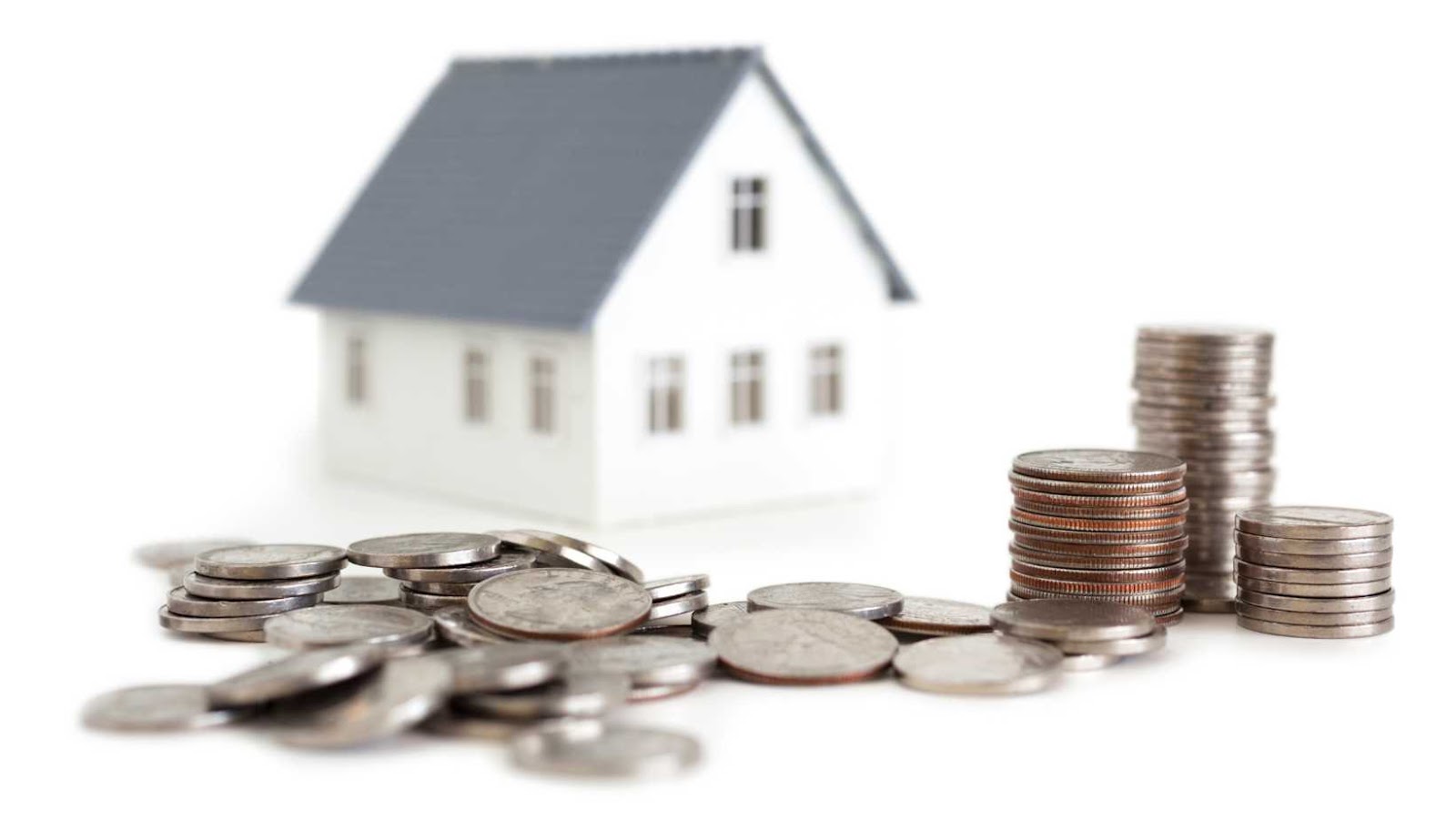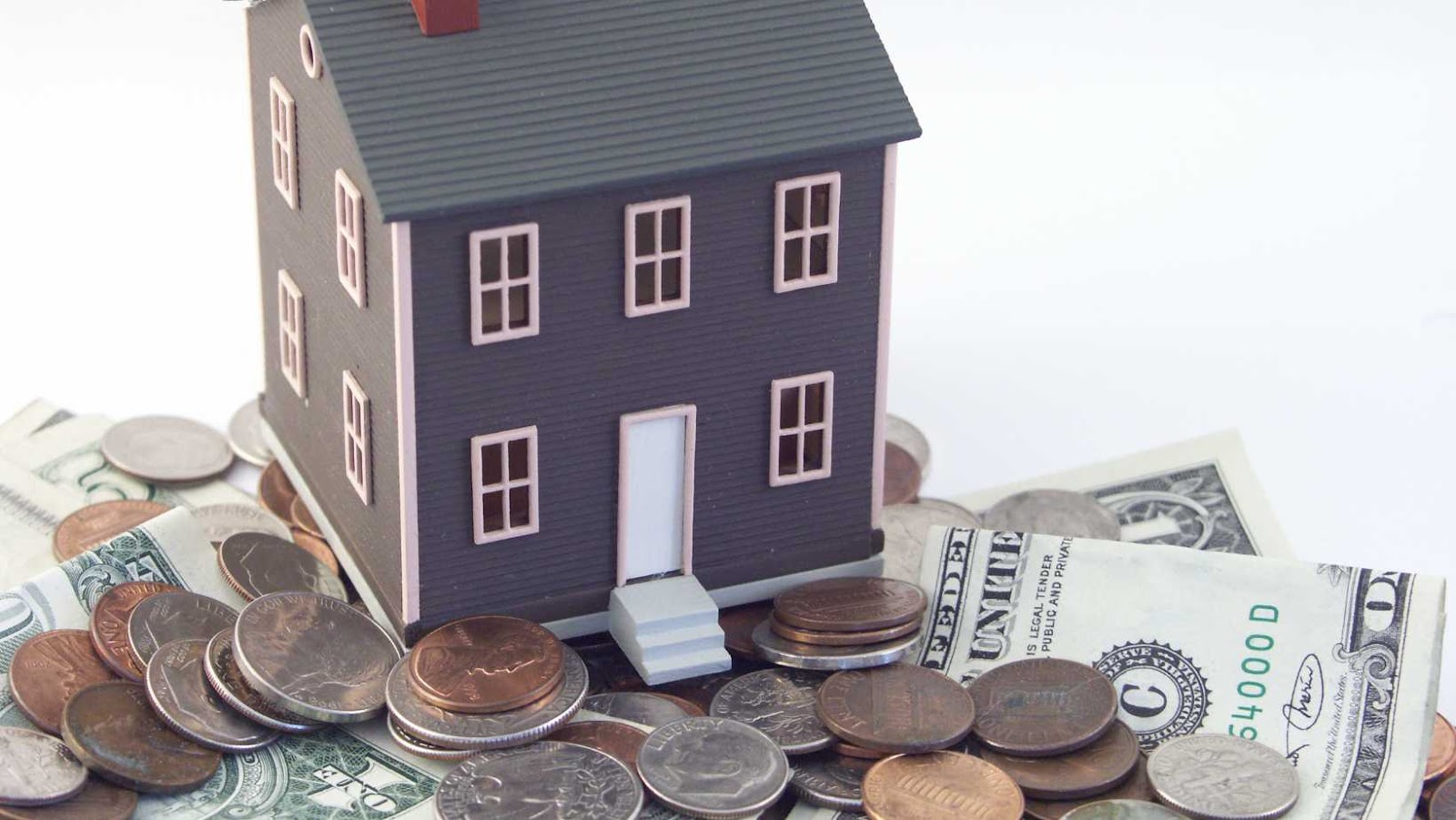Home Equity Loan
A home equity loan is a loan that is secured by your home. This means that if you default on the loan, your lender can foreclose on your home. Home equity loans are usually a shorter term than a reverse mortgage and have a lower interest rate.
How Home Equity Loans Work
A home equity loan is basically a second mortgage. The lender loans you a certain amount of money based on the equity you have in your home. Equity is the portion of your home’s value that you own outright, free and clear. For example, if your home is worth $250,000 and you owe $150,000 on it, then you have $100,000 in equity. You borrow against that equity with a home equity loan and use the money however you see fit – most people use it to make home improvements or pay for major expenses like medical bills or college tuition. Home equity loans come in two different forms: fixed-rate loans and lines of credit. With a fixed-rate loan, you borrow a lump sum of money and make fixed payments for the life of the loan. With a line of credit, you can borrow money as you need it up to your credit limit (like a credit card) but you only make interest payments on the amount you actually borrow from the line of credit. Both types of loans have their pros and cons, so it’s important to understand how each one works before deciding which one is right for you.
Pros And Cons of Home Equity Loans
A home equity loan is a loan that is secured by your home. This means that if you fail to repay the loan, the lender could foreclose on your home. However, this also means that the interest rate on a home equity loan is usually lower than the interest rate on a personal loan or credit card. The biggest advantage of a home equity loan is that you can use the equity in your home as collateral for the loan. This means that you can potentially get a lower interest rate than you would with a personal loan or credit card. The downside is that if you default on the loan, you could lose your home. Another advantage of a home equity loan is that it can be used for anything you want. There are no restrictions on how you use the money from a home equity loan. You can use it to consolidate debt, make repairs to your home, or anything else you want. The downside is that if you default on the loan, you could lose your home.
Reverse Mortgage
A reverse mortgage is a type of loan that allows you to use the equity in your home as collateral. The loan is repaid when the borrower dies, moves out of the house, or sells the house. Reverse mortgages are a popular choice for seniors who want to stay in their homes and have a source of income.

How reverse mortgages work
A reverse mortgage is a loan that allows homeowners over the age of 62 to cash in on their home equity. The loan proceeds can be used for any purpose, but most people use them to supplement their income or pay for healthcare expenses. The main benefit of a reverse mortgage is that it does not have to be repaid until the borrower dies or moves out of the home. This means that borrowers can stay in their homes for as long as they want without worrying about making monthly loan payments. Another benefit of a reverse mortgage is that it can provide a financial cushion in retirement. If you are worried about running out of money in retirement, a reverse mortgage can give you some peace of mind. There are two types of reverse mortgages: home equity conversion mortgages (HECMs) and proprietary reverse mortgages. HECMs are insured by the federal government, while proprietary reverse mortgages are not.
If you are considering a reverse mortgage, it is important to compare offers from different lenders to make sure you are getting the best deal.
Pros And Cons of Reverse Mortgages
Reverse mortgages are a type of loan that allows homeowners to borrow against their home equity. The loan does not have to be repaid until the borrower moves out of the home or dies.
There are several pros and cons to reverse mortgages. Some of the pros include:
– You do not have to make monthly payments on the loan.
– The interest on the loan is usually tax-deductible.
– The loan does not have to be repaid until you move out of your home or die.
Some of the cons of reverse mortgages include:
– You may owe more than your home is worth if you stay in your home for a long time and the value of your home decreases.
– If you die, your heirs may have to sell your home to repay the loan. You should talk to your heirs about this before getting a reverse mortgage.
– You may have trouble getting a traditional mortgage if you eventually want to sell your home and move somewhere else.
Home Equity Loan vs Reverse Mortgage
Home equity loans and reverse mortgages are both options for tapping into the equity you’ve built up in your home. But which one is better for you? It depends on your goals and financial situation.
Consider Your Age
Reverse mortgages are only available to homeowners who are 62 years of age or older. Home equity loans are available to any qualified borrower. If you’re not yet 62 and you need extra cash, a home equity loan may be your best option.

Consider Your Need For Cash
If you’re looking for cash to make home repairs, a home equity loan is usually the better choice. With a home equity loan, you can borrow a lump sum of money and then make equal monthly payments over a set period of time, typically five to 15 years. The interest rate on a home equity loan is usually lower than the interest rate on a credit card, and the payments are often tax-deductible. A reverse mortgage, on the other hand, allows you to tap into the equity in your home without having to make any monthly payments. With a reverse mortgage, you don’t have to worry about making monthly loan payments – instead, the loan is repaid when you sell your home or die. However,reverse mortgages typically have high fees and interest rates, which can eat into your equity.
Consider Your Home Equity
If you’re a homeowner, you have the option of taking out a home equity loan or a reverse mortgage. Both types of loans allow you to borrow against the value of your home, but it’s important to understand the key differences between the two before making a decision. A home equity loan is a traditional loan that is backed by your home’s equity. This means that if you default on the loan, your lender can foreclose on your home. A reverse mortgage is a special type of loan that does not require repayment as long as you live in your home. However, if you sell your home or die, the loan balance will need to be repaid. Another key difference between these two types of loans is how they are taxed. Interest on a home equity loan is typically tax-deductible, while interest on a reverse mortgage is not. Before taking out either type of loan, it’s important to consider your needs and goals. If you need immediate cash and are comfortable with the repayment terms, a home equity loan may be the right choice for you. If you’re planning on staying in your home for the foreseeable future and want to free up some extra cash each month, a reverse mortgage may make more sense.
